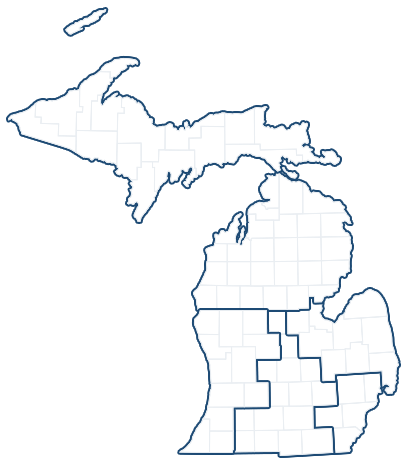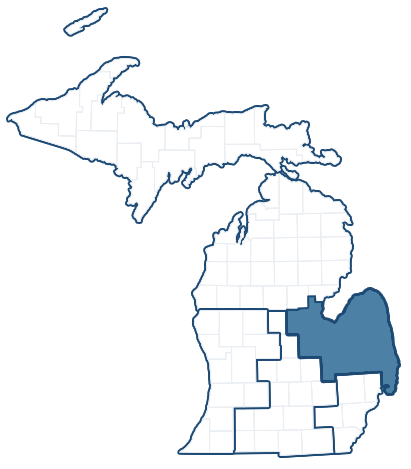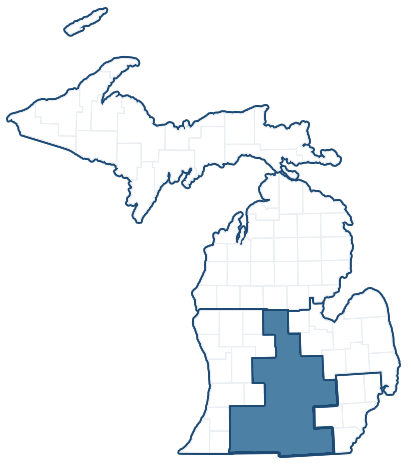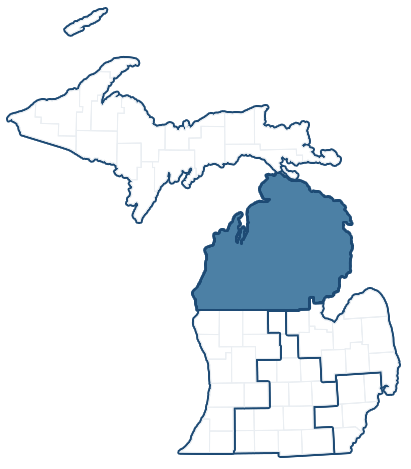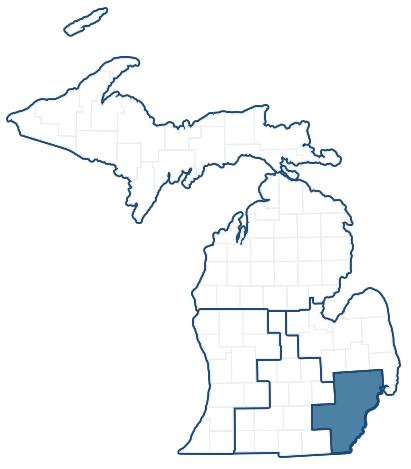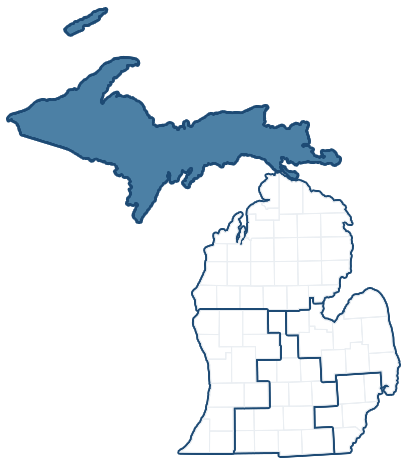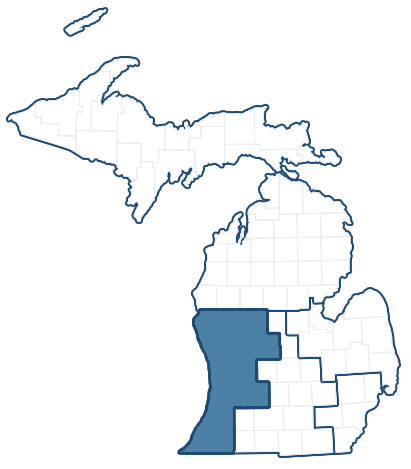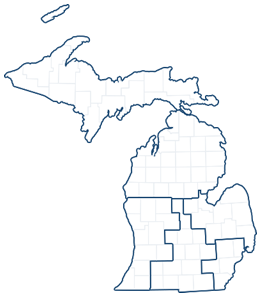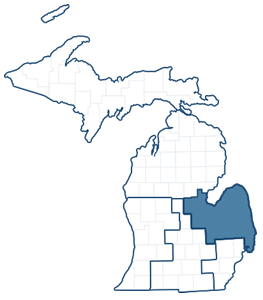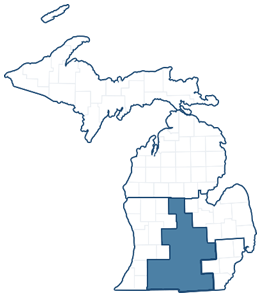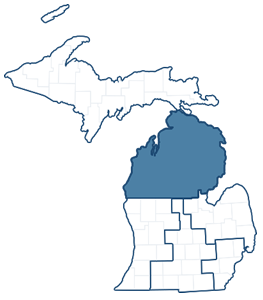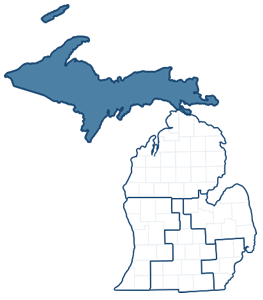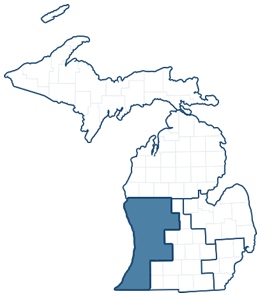Senator Stabenow Introduces Bipartisan Legislation to Help Michigan Farmers Who Experience Delays in Planting Due to Bad Weather
Friday, March 13, 2020U.S. Senator Debbie Stabenow, Ranking Member of the U.S. Senate Committee on Agriculture, Nutrition, and Forestry, and Senator John Thune (R-S.D.), a longtime member of the Senate Agriculture Committee, introduced new bipartisan legislation to ensure that farmers can plant beneficial cover crops without facing crop insurance penalties when bad weather prevents them from planting their crops for the season.
The Cover Crop Flexibility Act of 2020 was inspired by Senator Stabenow and Senator Gary Peters’s successful effort to give flexibility to Michigan farmers after last year’s record-setting flooding and wet weather delayed planting. Currently, crop insurance penalizes farmers for planting cover crops that can be used for livestock grazing or animal feed when farmers can’t plant their crops for the season because of bad weather. The bill will permanently lift this restrictive rule and provide certainty if farmers face poor planting conditions again this spring.
“Historic rainfall last year caused many farmers to miss the planting season,” said Stabenow. “When extreme weather gets in the way of planting, farmers aren’t able to grow beneficial cover crops without facing a crop insurance penalty. This commonsense change permanently fixes that problem and is a win for the environment and for farmers.”
Planting cover crops helps farmers get value from their land through grazing and harvesting. It also improves soil productivity and prevents weeds from overgrowing in fields. Cover crops also provide important climate and conservation benefits by storing harmful carbon pollution in the soil and reducing erosion and runoff into the Great Lakes. Because cover cropping makes farmland more resilient against flooding and drought, it has the potential to lower crop insurance claims, premiums, and taxpayer costs.
The Cover Crop Flexibility Act of 2020 is supported by 30 farm and conservation organizations, including the Michigan Agri-Business Association, Michigan Farm Bureau, Michigan Corn Growers Association, and The Nature Conservancy in Michigan.
“Last year was Michigan’s wettest in recorded history and we remain in a time of above-average precipitation, so this bipartisan effort by Sen. Debbie Stabenow to help ensure cover crops are an option on acres with prevented planting claims is good news for Michigan agriculture,” said Chuck Lippstreu, President of the Michigan Agri-Business Association. “As farmers and their trusted ag retail advisors look to cover crops for both economic and stewardship benefits, the Cover Crop Flexibility Act will provide some added certainty, an important backstop as we start the 2020 planting season.”
“This legislation will give farmers some much-needed flexibility in managing their land to deal with unforeseen weather impacts like what we experience in 2019,” said Matt Frostic, President of the Michigan Corn Growers Association. “It also allows us to better protect Michigan’s land by strategically using cover crops to improve soil health and fertility, suppress weeds, and reduce soil erosion. We thank Senator Stabenow for her continuing support of Michigan’s agriculture industry.”
“Cover crops provide significant benefits to all of us in terms of erosion control, nutrient retention and helping to build soil health through carbon capture and increased soil organic matter,” said Madhu Anderson, Director of Government Relations for The Nature Conservancy in Michigan. “The Nature Conservancy strongly supports this legislation because we believe it will encourage more farmers to make cover crops a part of their cropping system.”
###
Next Article Previous Article



